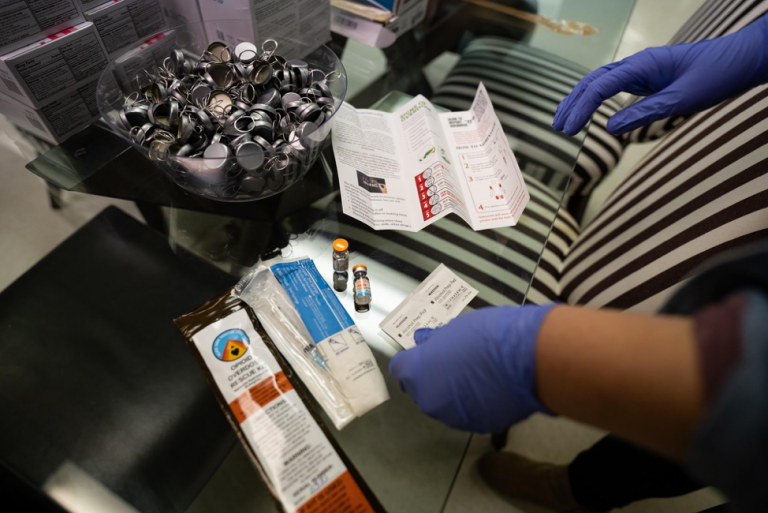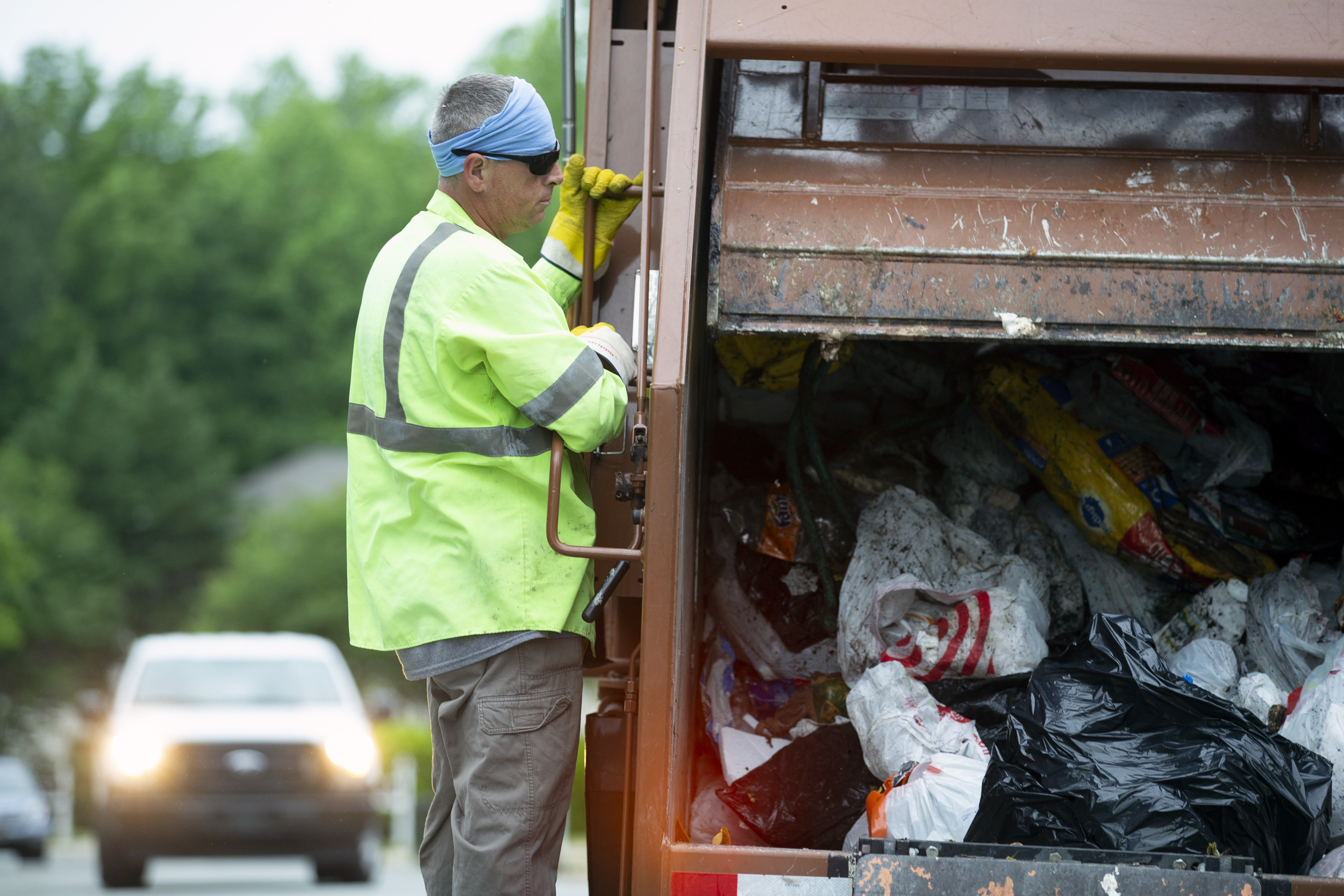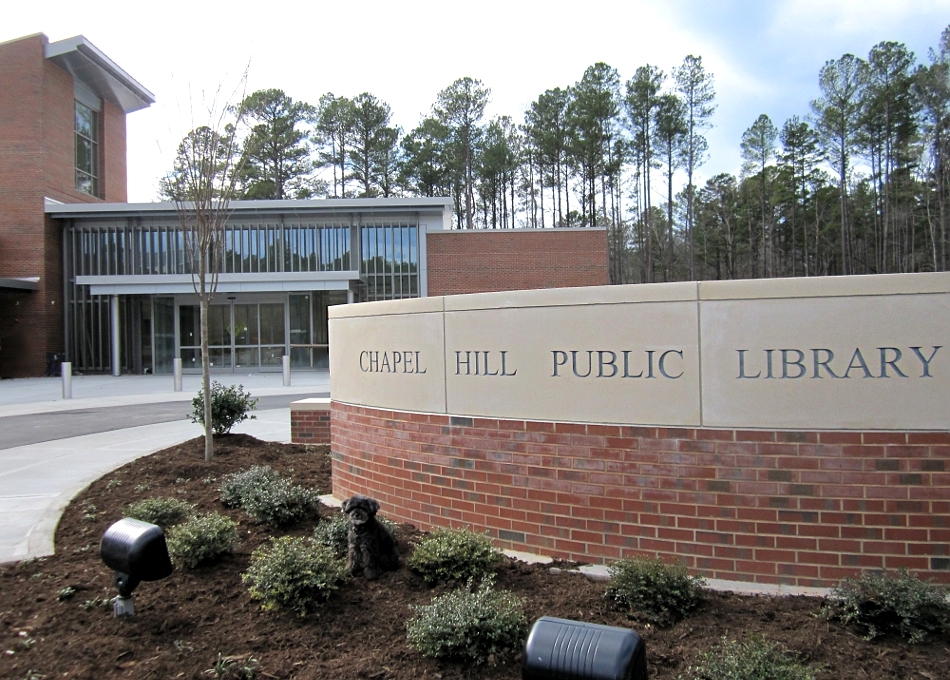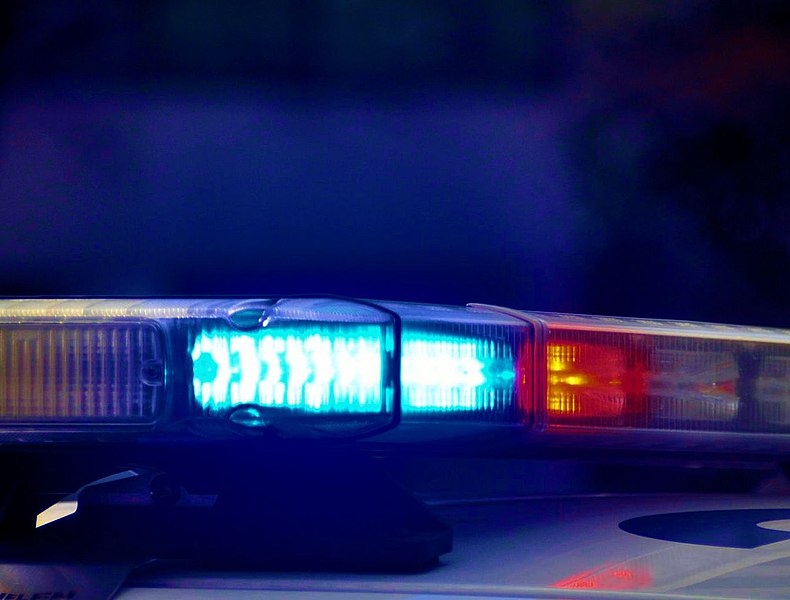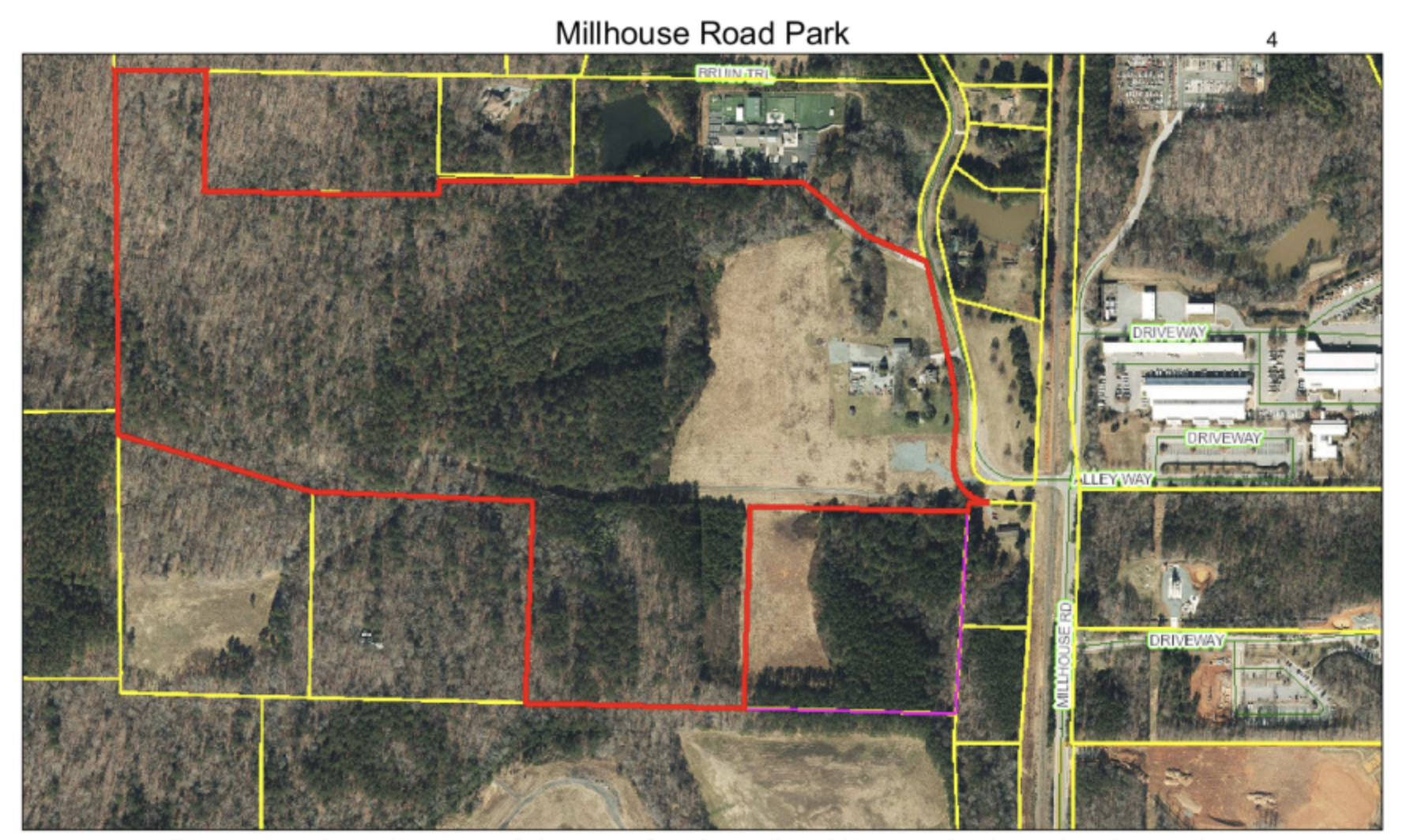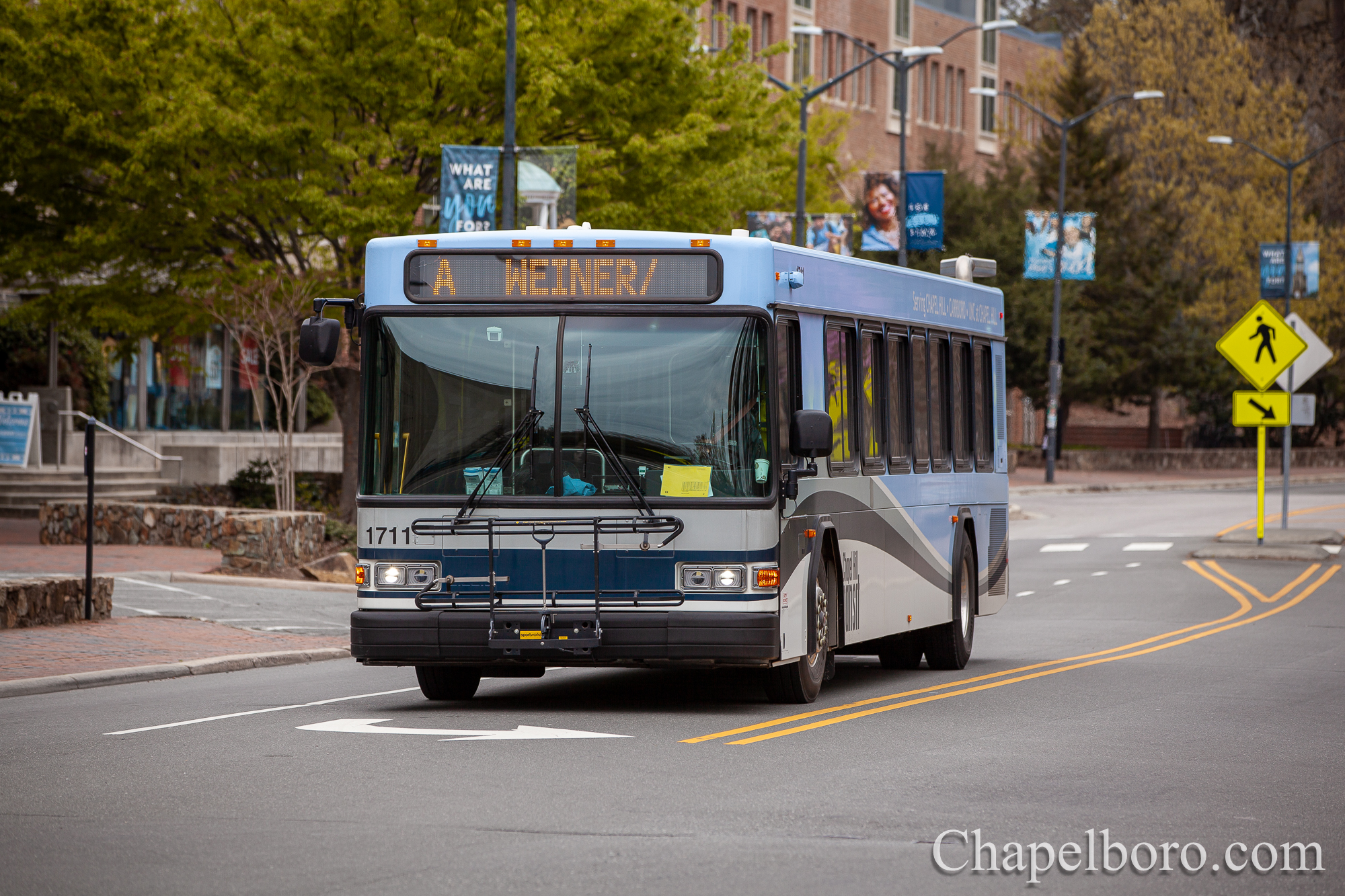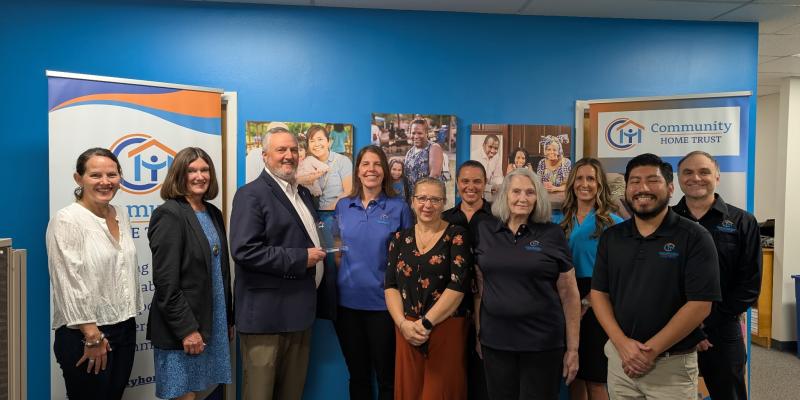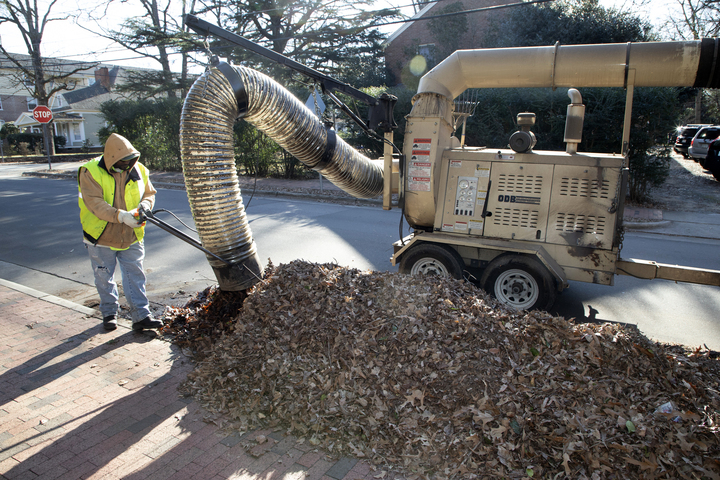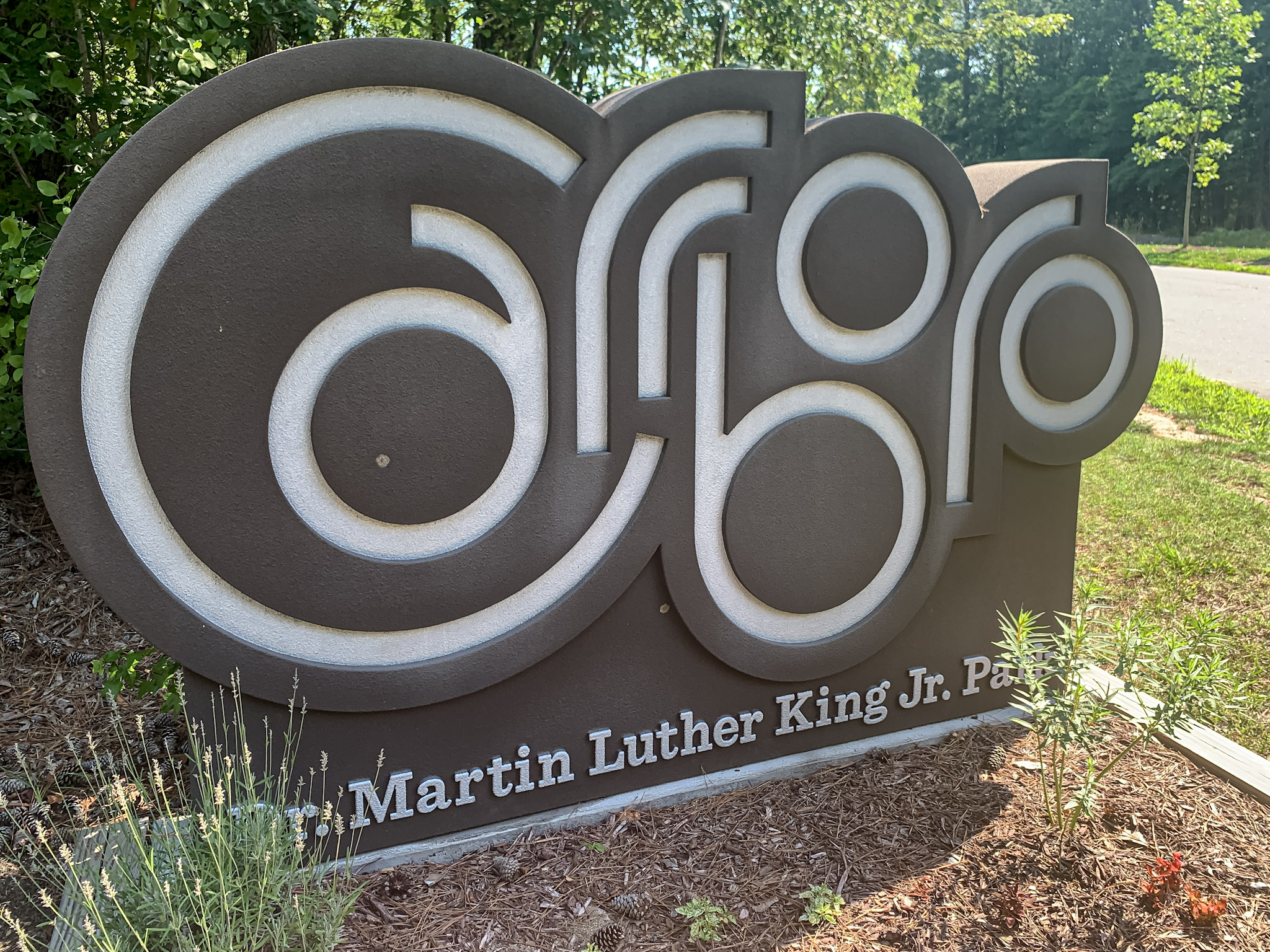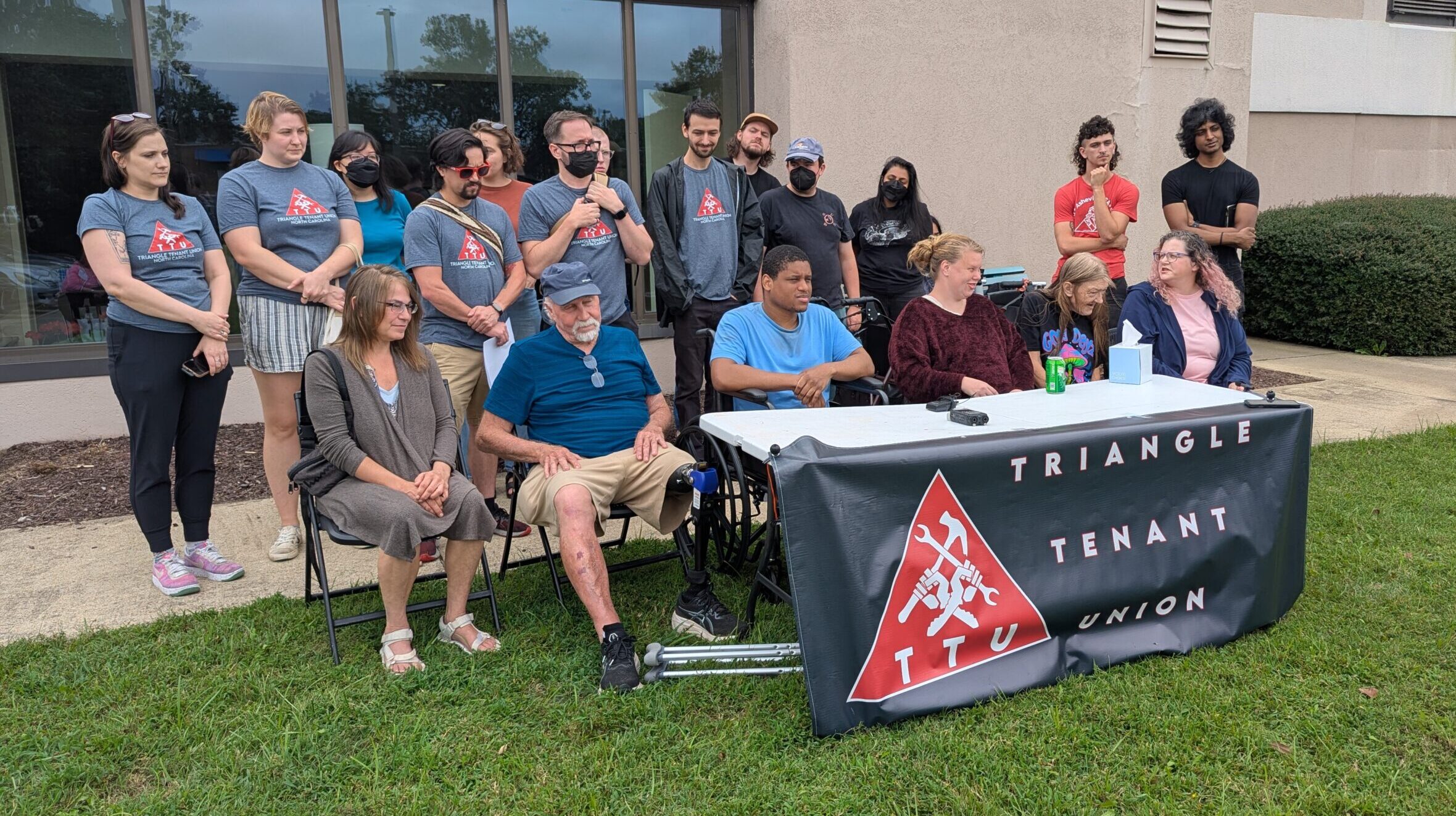In 2020, more than 3,300 North Carolinians died from an overdose, according to state data. Since then, experts say the numbers have gotten worse, with a 20 percent increase in 2021 and signs that rate is continuing to grow.
Dr. Robyn Jordan is an Assistant Professor in the UNC School of Medicine and leads the Addiction Medicine Program. She said the increase is in part driven by changes to the drug trade behind the scenes, causing more unpredictability and danger for users.
“Sometimes people believe they’re purchasing fentanyl and there is no opioids at all in the sample, SO the drug supply now is incredibly unpredictable,” she said. “People just don’t know what they’re getting.”
But now, counties across the state are set to get a big boost. Earlier this year, drug maker Johnson & Johnson and three major pharmaceutical distributors finalized settlements over their role in the opioid addiction crisis, cementing $750 million for North Carolina communities struggling with opioid addiction.
The money is part of a $26 billion nationwide settlement following a landmark lawsuit from state attorneys general against the companies deemed responsible for the decades-long opioid epidemic that has claimed at least 20,000 North Carolina residents.
85% percent of the funds are marked to go directly to local efforts to support treatment, recovery and harm reduction, according to officials, while the rest is for similar statewide efforts.
As counties start to receive the money, Jordan said, the challenge is getting local officials the information they need to best treat people with opioid use disorder. She said the best treatment means getting people the medication they need to survive and avoiding a focus on drug abstinence.
“We have programs in our state that deny people access to medication. And we really want to make sure our counties are aware that this evidence-based practice is very, very well studied and we want to make sure we have programs in every county that people can access life saving medicine and not be denied from that.”
Locally, Orange County officials have yet to determine how the money will be spent.
Chair of the County Commissioners Renée Price said the subject is a top priority when commissioners meet for the first time following summer break on September 6th.
“Hopefully we will have some ideas that look at treatment, prevention and look forward to the future and how we can make sure our people have what they need,” Price said.
Over the past couple years, she said, a group of county health officials and local community groups have been working together to address the opioid epidemic. The group will give the commissioners recommendations about how to spend the settlement money.
To mark International Overdose Awareness Day on Wednesday, the county is holding an event at Peace and Justice Plaza in downtown Chapel Hill. Price said the all-day event will include a candle-lighting ceremony and local speakers talking about the overdose crisis.
“That’s very important: reducing the stigma so that we can actually help people and they don’t feel intimidated about coming forward and asking for help.”
Those struggling with addiction can call the NAMI NC HelpLine. This is an information and referral service for North Carolinians in need of counseling support for substance abuse, alcohol addiction, and suicidal tendencies. The help hotline number is available from Monday all through to Friday starting from 9 a.m.- 5 p.m., EST. The line is 1-800-451-9682.
Naloxone, or Narcan, can be used to reverse a drug overdose. The Orange County Health Department offers free Naloxone kits and training by appointment. Call 919-245-2400.
(Photo by Lucas Pruitt)
Chapelboro.com does not charge subscription fees, and you can directly support our efforts in local journalism here. Want more of what you see on Chapelboro? Let us bring free local news and community information to you by signing up for our biweekly newsletter.

